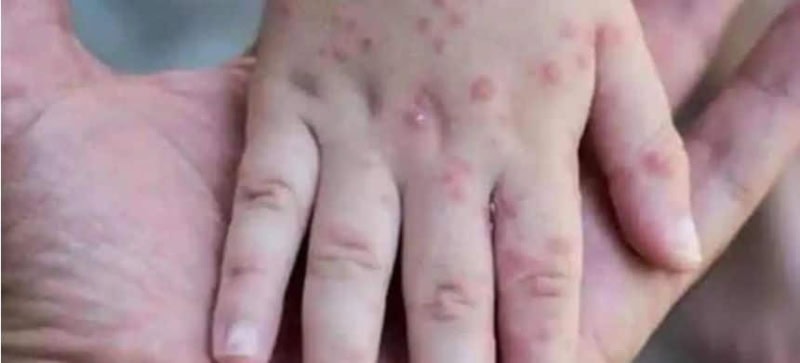Introduction to Monkeypox
Mpox, formerly known as monkeypox, is a rare viral disease characterized by rashes and flu-like symptoms. It belongs to the Orthopoxvirus genus, the same family of viruses that includes smallpox. Mpox can spread through close contact with an infected person or animal. There are two types (clades) of the mpox virus: Clade I, which originated in Central Africa, and Clade II, from West Africa. The recent global outbreak (2022-2023) is caused by Clade IIb, a subtype of the less severe West African strain.
For more updates, Join our social handle
Prevalence and Affected Populations
Mpox is uncommon but is increasingly reported in Africa and regions that previously had no cases. Historically, mpox was mostly confined to Africa, but cases have emerged in other parts of the world, including the United States, where a 2021 case was linked to travel from Nigeria. The 2022 outbreak saw mpox spread to Europe, the Americas, and Australia. While anyone can contract mpox, in Africa, it is more common among children under 15, whereas outside Africa, it appears more frequently in men who have sex with men (MSM), though it can affect others as well.
Read more: First case of monkeypox has been reported by National Institute of Health in Karachi.
Symptoms and Transmission
Mpox symptoms typically appear several days to weeks after exposure and include fever, rash, swollen lymph nodes, chills, headache, muscle aches, and fatigue. The rash evolves from flat red spots to blisters filled with pus, which eventually crust over and fall off. Mpox can spread through contact with an infected person’s sores, scabs, respiratory droplets, or bodily fluids, and through contaminated materials like bedding. Animal-to-person transmission is also possible via bites, scratches, or direct contact with an infected animal’s fluids.
Diagnosis, Treatment, and Prevention
Diagnosing mpox involves a healthcare provider examining tissue samples from sores and conducting PCR testing. Although mpox usually resolves without treatment, healthcare providers may offer supportive care and antibiotics for secondary infections. There are no specific antiviral treatments for mpox, but drugs like cidofovir and tecovirimat might be used in severe cases. Prevention strategies include vaccination, avoiding contact with infected animals and individuals, practicing good hygiene, and using personal protective equipment (PPE) when necessary.









